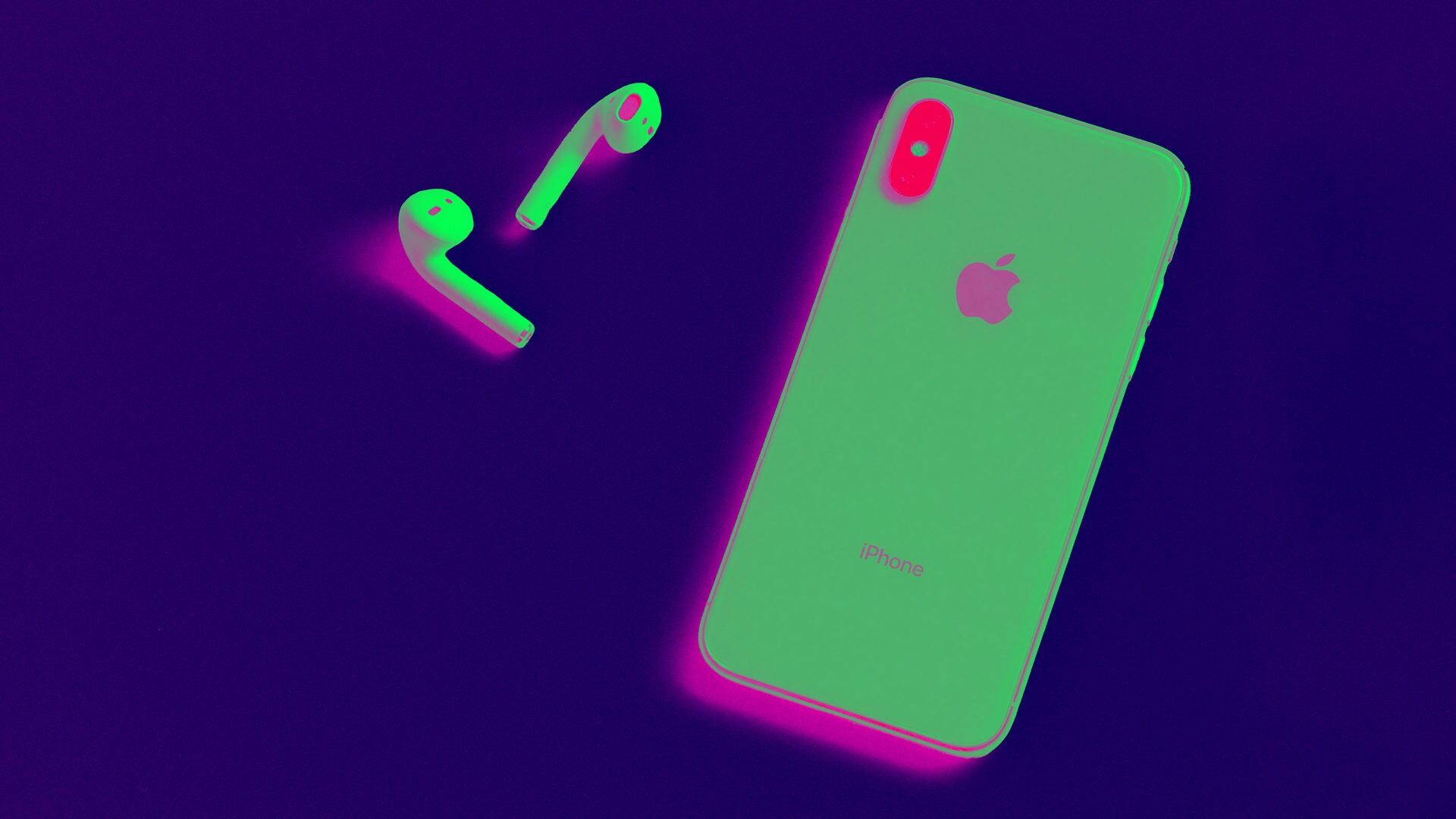- | 8:00 am
Apple declares the iPhone X and original AirPods ‘vintage’—and they’re on the road to ‘obsolete’
If you own one of these Apple devices, it will soon be more difficult to get repairs.

One of the most iconic iPhone models is entering a new phase of life as Apple takes another step toward sunsetting it forever.
The company has reclassified the iPhone X, along with the original AirPods and HomePod, as “vintage” technology. That’s essentially a warning for owners that it’s time to upgrade if they haven’t already—and it’s the last classification before the technology is dubbed “obsolete.”
Products are typically considered vintage after Apple has stopped distributing them for sale between five and seven years ago. Once a product receives this classification, don’t expect to receive software updates; also, Apple does not guarantee its ability to repair the device. (Third-party repair facilities may still be able to obtain parts, but that, too, is not guaranteed.) Exceptions are made to the no-updates rule if Apple discovers a major security flaw.
Once a product becomes obsolete, seven years after Apple has last distributed it for sale, the company will not repair it or offer any services for it.
Released in November 2017, the iPhone X was a big jump for the product line. It was the first iPhone without a home button. It introduced Animojis. And it was the first to support wireless charging. The phone’s design has also influenced all subsequent iPhones.
The HomePod was introduced in 2017, as well, and was the company’s first competitor to products like the Sonos home speaker. Priced at $350 at its debut, it delivered high-quality audio and incorporated the Apple ecosystem, with features like Siri and the ability to manage smart home devices.
AirPods made their debut in 2016 and have become a favorite among many iPhone users.
While the tech world advances quickly, and modern phones have significantly advanced features compared to the iPhone X (just as current AirPods have several features not available on the original), the declaration that a product is “vintage” or “obsolete” puts a spotlight on electronic waste. Over 2 billion PCs, tablets, and mobile phones ship each year. The United Nations, in a recent report, found that e-waste around the world is being generated five times faster than we’re recycling it.
In 2022, 62 million tons of e-waste was generated.
Apple, years ago, faced criticism for contributing to this problem amid allegations it was purposely slowing down older devices. A class-action suit was filed, which Apple eventually settled for $500 million, with payments being doled out earlier this year.
Apple has since taken steps to reduce its carbon footprint. It has switched to 100% green energy and begun supporting “right to repair” laws in California and other states. And the company announced plans to eliminate all plastic from its packaging by 2025. Apple also says it now uses as much recyclable material as possible when making new iPhones and offers free recycling of its products when customers bring them to stores.
The reclassification of the iPhone X and other products comes three months after Apple declared the iPhone 6 Plus “obsolete.” (At the same time, the iPad Mini 4 was added to the “vintage” list.)







































